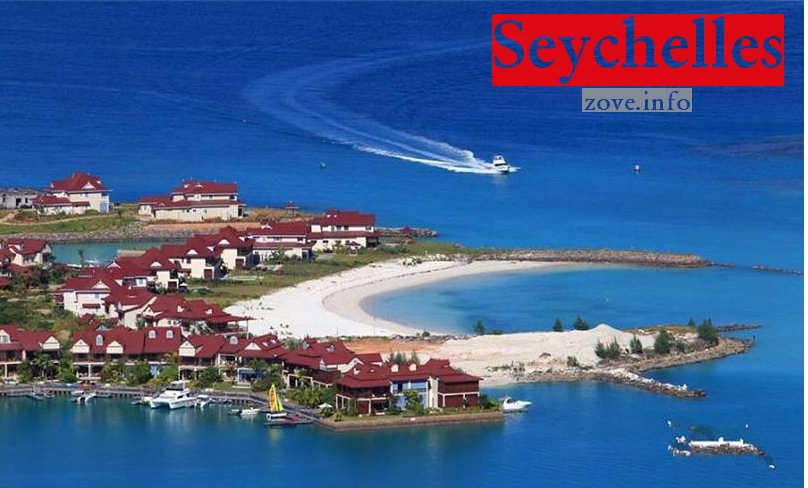These days, everyone is hunting for work – and, of course, there aren’t as many places to be found as there are candidates on the lookout. That means that successful candidates have to raise their game a cut above the rest in order to get things moving: and that, in the travel industry, means getting hold of a travel and tourism diploma.
ÂÂ
A travel qualification is a simple and effective way of showing one’s prospective employers that the person is serious about a job. In effect, what it does is, demonstrates a level of willing by showing that one has already involved oneself with some kind of tourism studies before he or she has attended an interview. To an employer, that means initiative; it means enthusiasm; and it means intelligence. The three things every prospective employer wants to see in a time when people are fighting for the opportunity to get a job interview, let alone an actual job.
ÂÂ
The travel and tourism diploma, broadly speaking, offers a grounding in all the industry areas a person might have been expected to get knowledge about on the job, when things were easier and employment opportunities were more plentiful. Candidates for the diploma learn about industry basics – booking systems, types of airline and their standard operating procedures, types of tourism and the audience that, broadly speaking, they attract. This type of tourism studies is designed to allow a candidate to prove, in interview situations, that he or she is serious about a career in the industry: in other words, that they’re not simply there because they need a job, but because they want a job in the travel sector. The travel and tourism diploma is a badge: a sign, to an employer, that the candidate in question has serious intentions regarding the industry as a whole. Any candidate with provably serious intentions is far more likely a) to stay with a company that hires them for an appreciable length of time, maximising that company’s revenue return on training investment; and b) to be a good employee.
Tourism studies are necessarily vague, in terms of actual subject matter: until a candidate starts to develop a special interest in a particular area of the trade. That’s extremely useful for a prospective employer, too. By taking a travel and tourism diploma a person begins to find things out about the various branches of the tourism industry – and that leads him, or her, to start working out in advance what sectors of that industry he or she finds most appealing. The result of these studies? A person already knows where they want their career in travel to go, and that means they are able to apply for jobs that will set them on the right career path. In effect, tourism studies start the candidate selection process early, weeding out people who aren’t right for a particular travel career segment, and directing those who are into the right channels. As a result, the travel and tourism diploma is essential for anyone wanting to get an interview in the trade.
